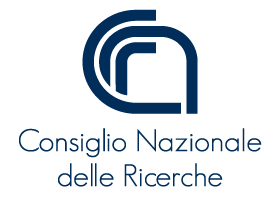Il saggio esamina il fenomeno degli ordini professionali nell’esperienza dello Stato unitario. Considera che il rapporto dilemmatico con i corpi intermedi non preclude allo Stato liberale il riconoscimento formale degli ordini e considera che in regime costituzionale il relativo fenomeno si alimenta tanto dalla radice della libertà di associazione quanto dal valore attribuito al principio dell’autonomia. Analizza le diverse ricostruzioni teoriche del rapporto fra Stato e ordini professionali, e conclude che alla base si pone l’interesse dello Stato ad incorporare la capacità regolativa espressa dagli ordini come articolazione dell’ordinamento giuridico generale. Conclude che la qualificazione degli ordini come enti pubblici attesta il riconoscimento statuale del rilievo dei rapporti scaturenti dalla professione come capace di trascendere il piano puramente economico sul quale pure tali rapporti si svolgono.
The paper analyzes the status of professional associations in the experience of the italian State. It considers that the problematic relationship between the liberal State and the intermediate bodies does not prevent the formal recognition of the professional associations. Furthermore, it finds that in the subsequent constitutional regime the status of professional associations is founded both on the freedom of association and on the principle of autonomy. It analyzes the different theoretical reconstructions of the relationship between State and professional associations, concluding that at the base there is the State’s interest to incorporate as part of the general legal system the regulatory capacity of the associations themselves. It connects the qualification of the associations as public law entities to the recognition that liberal professions relationships transcends the purely economic level upon which, nonetheless, such relations occurs.


